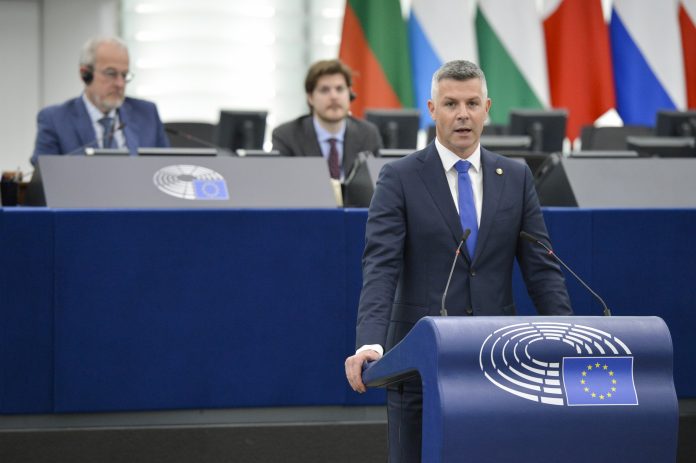On Tuesday, European Parliament and Council negotiators reached an agreement on a new law that would streamline visa application procedures in the Schengen area by moving from physical visa stickers and applications to a digital system.
By digitalising the visa application process, the proposal aims to reduce the costs and efforts required to make an application, while ensuring harmonious practises throughout Europe and improving its security. Visa applications would be processed on a single online platform that would also tell applicants which country will receive their application (in the case of multi-country trips). The new system is also designed to work harmoniously with the EU’s ecosystem of border management systems and databases.
Wide access a priority for MEPs
In negotiations, MEPs wanted to ensure that the new system is accessible to everyone, regardless of language issues, disabilities or poor internet coverage. In the final agreement, it is therefore stated that unusual IP address behaviour, which may be caused by poor internet coverage, should not be a reason for rejecting a visa application, and that application forms will be translated to local official languages.
After the launch of the Visa Information System (VIS) and other databases in the field of justice and home affairs, parts of the visa procedure in the EU have been digitalised, but the visa applications and stickers given to successful applicants remain in analogue form. The latest revision of the EU’s Visa Code explicitly provided for a possibility to sign applications electronically, paving the way for a fully-digitised visa application procedure.
After the vote, rapporteur Matjaž Nemec (S&D, SI) said: “Digitalisation is the future of EU visa policy. With the new fully digitalised system and digital visas, applicants will benefit from easier, cheaper and faster EU visa procedures. Thanks to the European parliament, their data will also remain safe. Travelers will no longer apply for Swedish, French or Slovenian visas, but for an EU visa through an EU visa platform. The new single entry portal and e-visa uploaded to your smartphone also present an important building block of EU’s identity vis-a-vis the rest of the world and an important step towards the green transition.”
Once formally adopted by the Parliament and Council, the act can be published in the Official Journal of the EU. It will enter into force on the twentieth day after publication.

